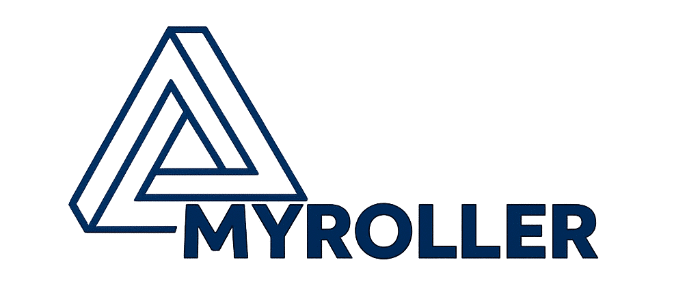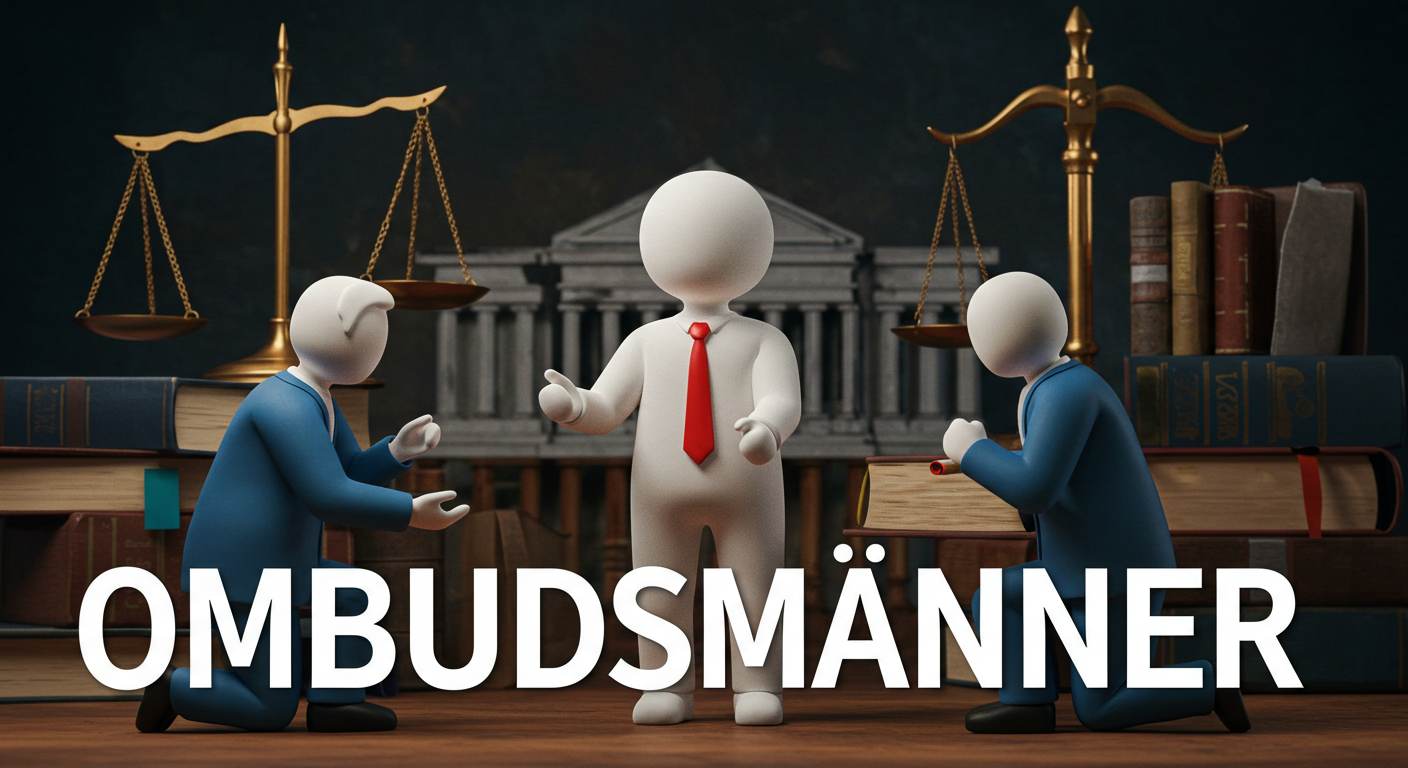In a world where disputes and misunderstandings can arise at any moment, the role of Ombudsmänner becomes increasingly significant. These professionals stand as impartial mediators, helping to navigate conflicts in both public services and private organizations. But what exactly does an Ombudsmann do? How did this unique role evolve over time, and why is it vital for promoting fairness in our communities today?
As we dive into the multifaceted responsibilities of Ombudsmänner, we’ll explore their historical foundations, essential skills, and the challenges they face. Whether you’re familiar with their work or just discovering it now, understanding the importance of these figures can shed light on effective conflict resolution strategies that benefit everyone involved. Join us as we unravel the complexities surrounding Ombudsmänner and uncover how they continue to shape our society’s approach to justice and equity.
Understanding the Ombudsmänner Role
The role of Ombudsmänner is rooted in the concept of providing a voice for those who feel unheard. These individuals act as intermediaries, navigating disputes between citizens and organizations or government entities. Their primary goal is to ensure fairness and transparency in processes that might otherwise seem daunting.
One key aspect of their role is impartiality. Ombudsmänner do not take sides; instead, they listen carefully to all parties involved before offering insights or recommendations. This neutrality fosters trust, encouraging open dialogue and cooperation among conflicting parties.
Additionally, Ombudsmänner are equipped with extensive knowledge about policies, regulations, and legal frameworks relevant to their field. This expertise enables them to identify potential areas of concern while guiding individuals through complex bureaucratic structures.
Their work often extends beyond individual cases too. By analyzing trends within complaints they receive, Ombudsmänner can advocate for systemic changes that improve overall practices and prevent future issues from arising. In doing so, they contribute significantly to creating a more equitable environment for everyone involved.
You Might Also Like: ecmiss
Evolution and History of Ombudsmänner
The concept of ombudsmänner traces its roots back to Sweden in the early 19th century. Established in 1809, Sweden’s first parliamentary ombudsman aimed to oversee governmental actions and protect citizens’ rights. This innovative role was designed to combat bureaucratic inefficiency and ensure accountability within public institutions.
As the idea gained traction, other countries began adopting similar models. By the mid-20th century, various forms of ombudspersons emerged across Europe and beyond. These roles adapted to local needs while maintaining a core focus on safeguarding citizen interests against potential abuses of power.
In recent decades, the scope of ombudsmänner has expanded dramatically. They now operate not only within government sectors but also in private organizations, educational institutions, and healthcare systems. The evolution reflects society’s growing demand for transparency and ethical governance.
Today’s ombudsmänner are more diverse than ever, addressing issues ranging from consumer rights to workplace grievances. Their adaptability demonstrates their enduring relevance in an increasingly complex social landscape shaped by globalization and rapid technological advancements.
Core Responsibilities and Types of Ombudsmänner
Ombudsmänner serve as essential intermediaries, addressing complaints and concerns from individuals regarding institutions or organizations. Their core responsibilities include investigating grievances thoroughly while ensuring transparency and fairness throughout the process. They act as a bridge between the complainant and the entity involved, striving to facilitate an amicable resolution.
There are various types of ombudsmänner, each specializing in different sectors. Public sector ombudsmänner typically handle issues related to government agencies, ensuring citizens can voice their concerns effectively. In contrast, private industry ombudsmänner focus on consumer complaints against businesses, fostering trust in commercial practices.
Educational institutions also employ specialized ombudsmänner who address student-related issues within schools and universities. These professionals advocate for students’ rights while promoting a safe learning environment.
Healthcare ombudsmänner play a critical role by assisting patients with grievances about medical services or treatment quality. Each type has unique challenges but shares the common goal of improving service delivery through constructive dialogue and accountability.
Legal Framework, Authority, and Challenges Faced
The role of ombudsmänner is shaped by a complex legal framework that varies from country to country. These laws define their powers, responsibilities, and limits. In many jurisdictions, they operate independently from government entities to ensure impartiality in investigations and recommendations.
Ombudsmänner have the authority to access information and documents relevant to complaints. They can conduct inquiries into public administration practices and hold organizations accountable for their actions or lack thereof. However, this authority often comes with challenges; some institutions may resist transparency or push back against oversight.
One significant challenge facing ombudsmänner is ensuring compliance with their recommendations. While they can suggest changes or improvements based on findings, enforcing these suggestions can be difficult without legal backing. Organizations might ignore them altogether if there are no penalties for non-compliance.
Additionally, as society evolves rapidly due to technology and globalization, ombudsmänner must adapt continuously. New forms of disputes arise related to digital services or international regulations that traditional frameworks do not adequately address. This leaves them navigating uncharted territory while striving for fairness and justice in increasingly complex environments.
Skills and Qualities of Effective Ombudsmänner
Effective ombudsmänner possess a unique blend of skills and qualities that enable them to navigate complex situations with finesse. Strong communication skills are essential; they must articulate issues clearly, listen actively, and convey their findings in an understandable manner. This ability fosters trust between the parties involved and ensures everyone feels heard.
Empathy is another crucial trait for successful ombudsmänner. Understanding the emotions behind disputes allows them to address concerns sensitively while remaining impartial. An empathetic approach not only helps to de-escalate tensions but also creates a safe environment where individuals feel comfortable sharing their experiences.
Critical thinking skills are vital as well. Ombudsmänner often face intricate problems requiring analytical assessment and innovative solutions. The capacity to evaluate various perspectives enables them to balance competing interests effectively, ultimately leading to fair outcomes.
Resilience plays a significant role in this profession. Navigating conflicts can be challenging and emotionally draining, making it essential for ombudsmänner to remain steadfast under pressure while maintaining professionalism throughout the process. These attributes combined ensure they can handle diverse cases with integrity and competence.
Importance in Organizations and Public Services
Ombudsmänner play a vital role in enhancing accountability within organizations and public services. Their presence ensures that stakeholders have a voice to express concerns or grievances. This fosters transparency, which is crucial for building trust between the organization and the public it serves.
In many cases, Ombudsmänner act as intermediaries who bridge gaps in communication. They provide insight into organizational processes and help resolve conflicts before they escalate. By doing so, they save both time and resources while promoting a harmonious workplace environment.
Moreover, Ombudsmänner can identify systemic issues through their interactions with individuals. These insights often lead to recommendations for policy changes that enhance service delivery quality. Organizations benefit from continuous improvement driven by feedback collected by these professionals.
Their impartiality also encourages employees to come forward without fear of retribution. An effective Ombudsman cultivates an atmosphere where concerns are taken seriously, making organizations more responsive to both employee needs and community expectations.
Ombudsmänner vs. Other Dispute Resolution Roles
Ombudsmänner play a unique role in dispute resolution, distinct from other methods like mediation or arbitration. While mediators facilitate dialogue between parties to help them reach a mutual agreement, ombudsmänner take on an investigative approach. They assess complaints impartially and provide recommendations based on their findings.
Unlike arbitrators who have the authority to make binding decisions, ombudsmänner typically offer resolutions that are advisory. Their strength lies in their neutrality and ability to build trust with all involved. This creates a safe space for individuals to voice concerns without fear of retaliation.
Additionally, ombudsmänner often work within organizations or institutions, addressing systemic issues rather than just individual conflicts. This broader perspective allows them to recommend changes that enhance overall fairness and transparency.
While each role has its merits, the flexibility and independence of ombudsmänner can often lead to more effective long-term solutions. By focusing not only on resolving disputes but also preventing future ones, they contribute significantly to fostering healthier environments in both public services and private organizations.
You Might Also Like: Afruimwagens
The Future Role of Ombudsmänner
The future role of Ombudsmänner is poised for evolution as society grapples with new challenges. Technology, in particular, will impact how these professionals operate. As more services move online, Ombudsmänner will need to adapt their methods to handle digital interactions and complaints effectively.
Moreover, the increasing complexity of governance and organizational structures may lead to a greater demand for transparency and accountability. This shift could enhance the relevance of Ombudsmänner across sectors—public institutions, private organizations, or even non-profits.
Globalization presents another layer of complexity. Disputes often cross borders now more than ever. This makes it vital for Ombudsmänner to understand international laws and cultural norms that influence conflict resolution.
Training programs focusing on skills like negotiation and mediation are likely to evolve as well. Future Ombudsmänner will benefit from enhanced educational opportunities that prepare them for an increasingly intricate landscape.
As advocates for fairness and justice become central figures in various domains, it’s clear that the role of Ombudsmänner will continue to grow in importance while navigating both traditional responsibilities and emerging challenges ahead.

